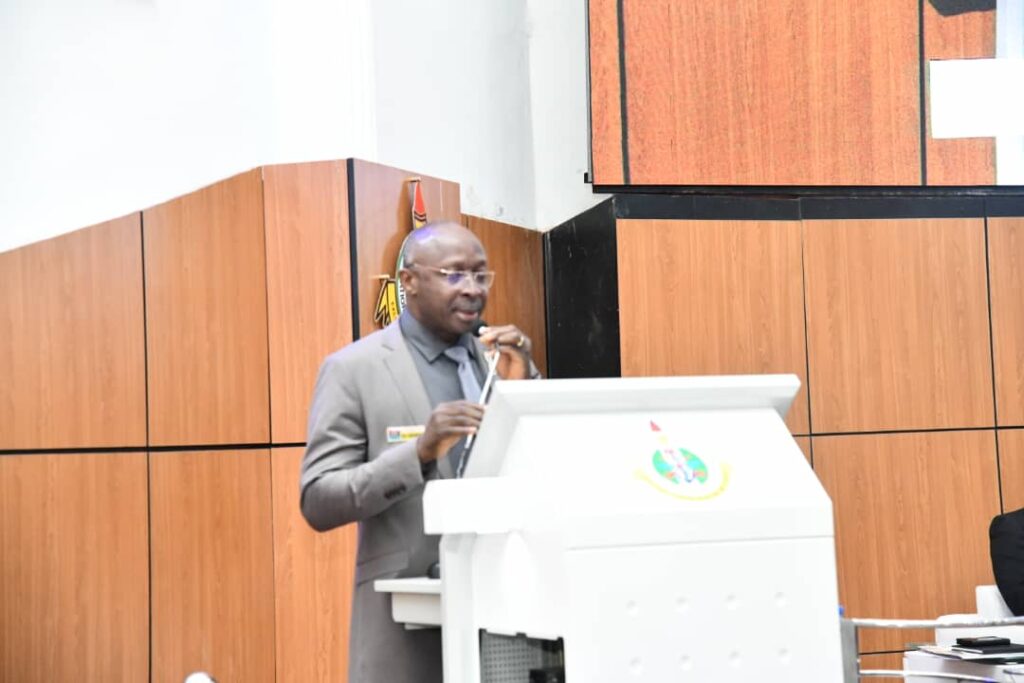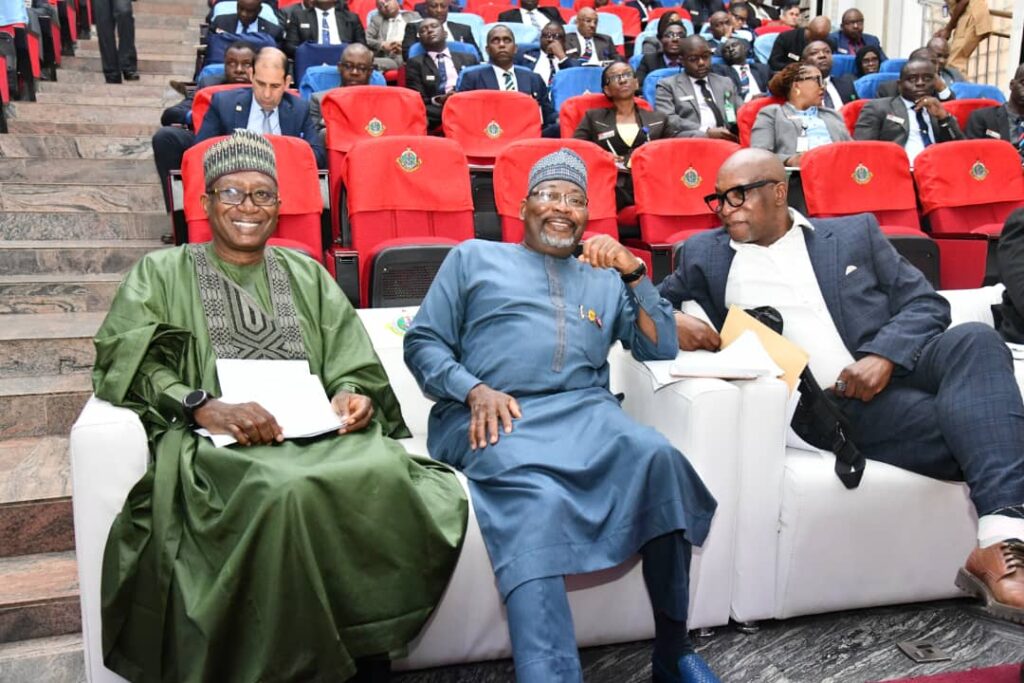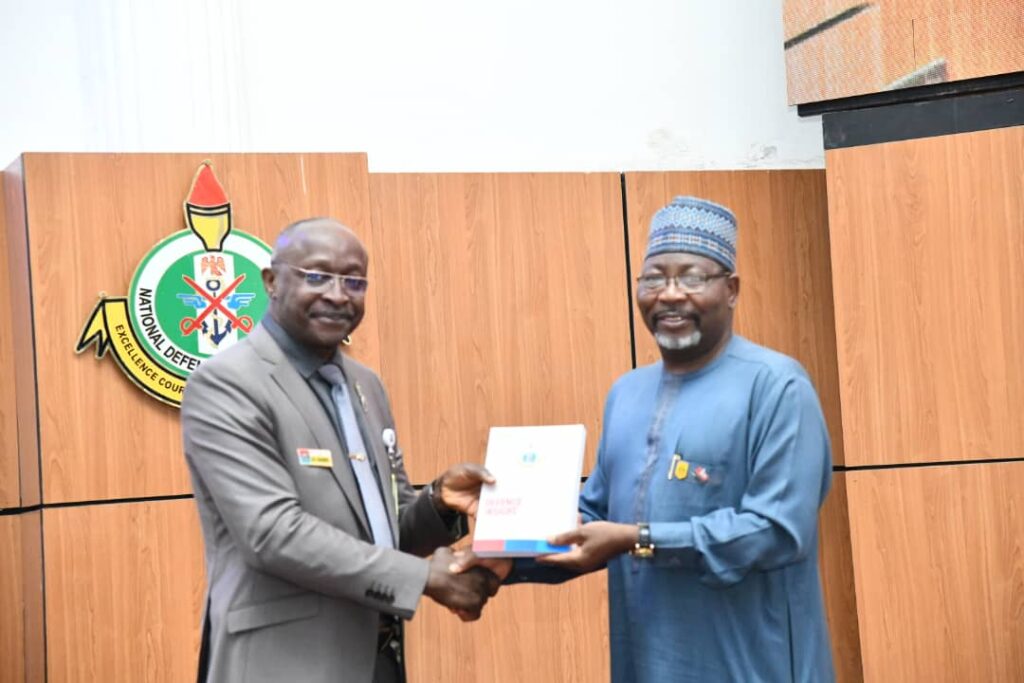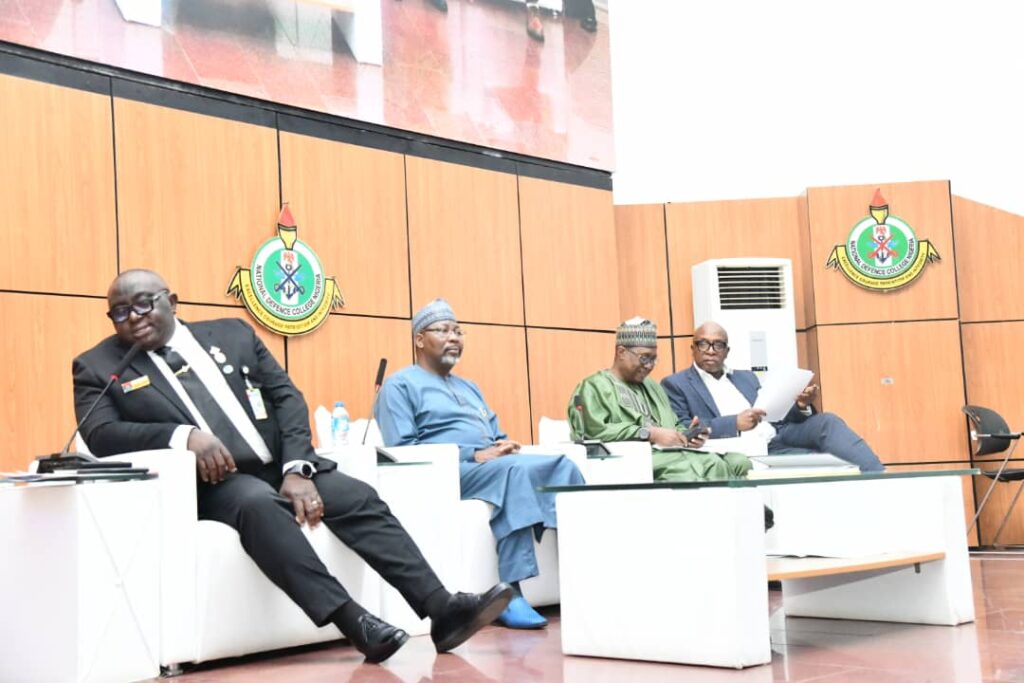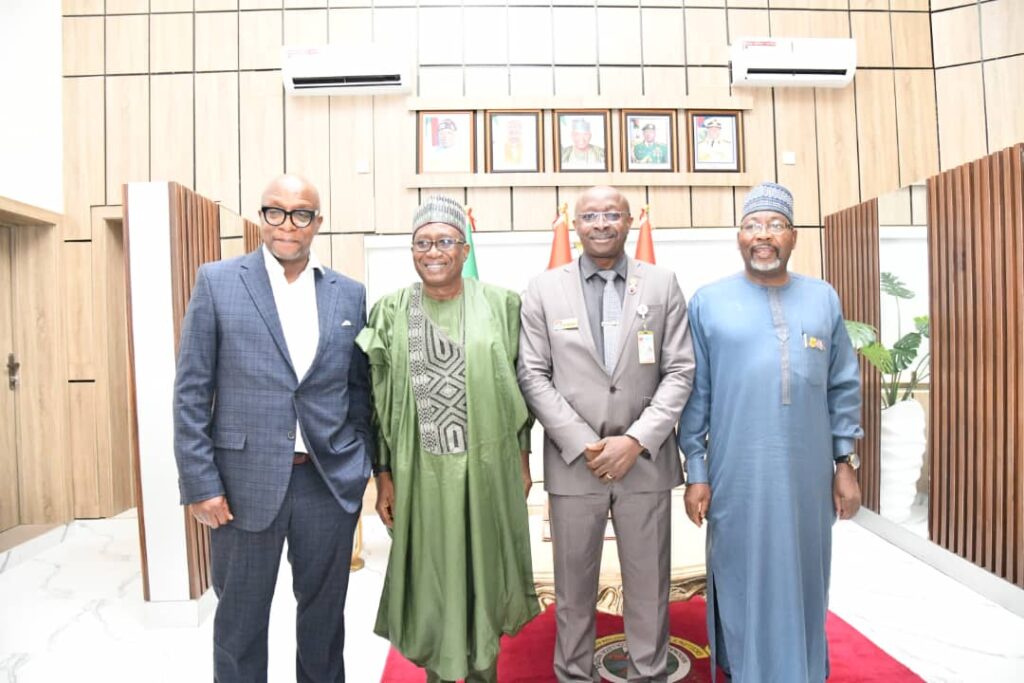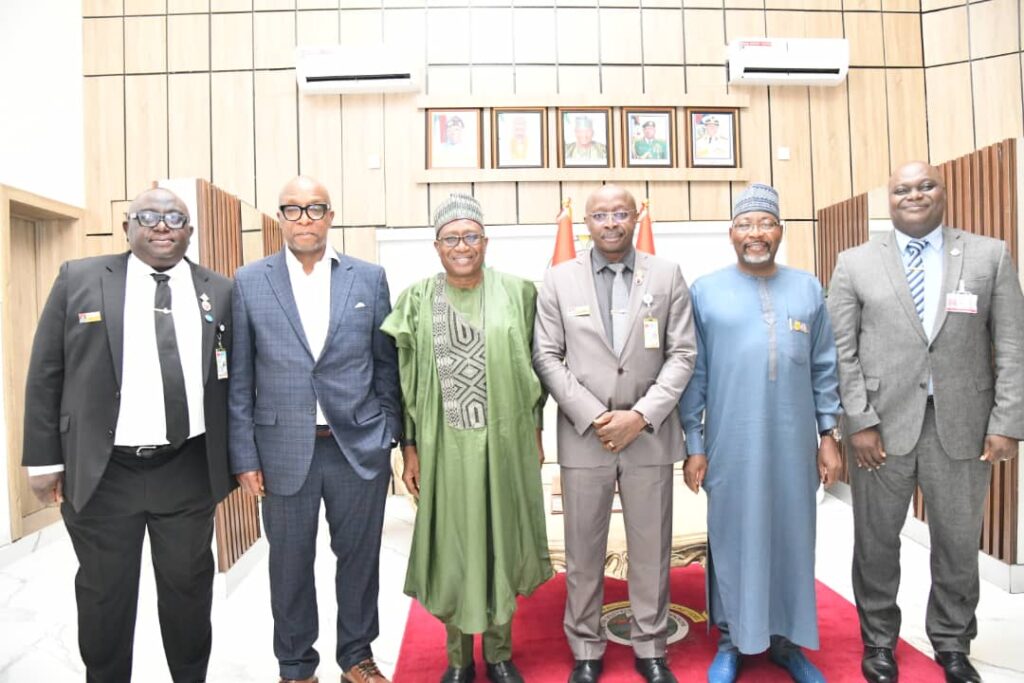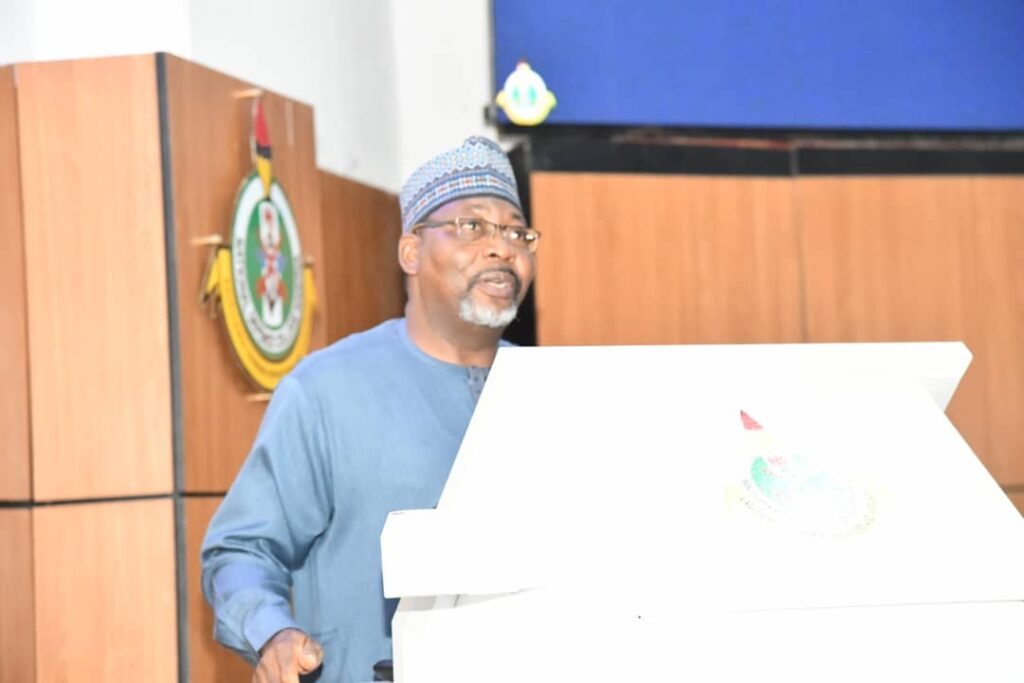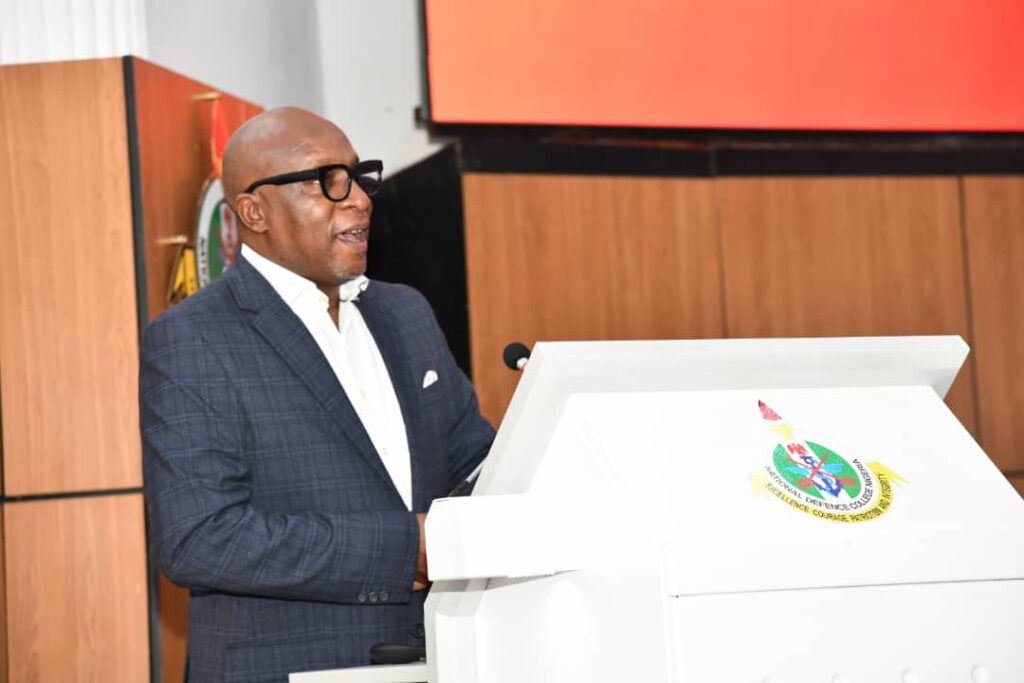Crisis Communication Takes Centre Stage At NDC As Experts Urge Commanders To Master Strategic Media Engagement
Veteran media professionals and public relations experts have urged military commanders and senior officials to adopt deliberate and proactive communication strategies in times of crisis. This call was made during a high-profile lecture session for participants of Course 33 at the National Defence College (NDC), Abuja.
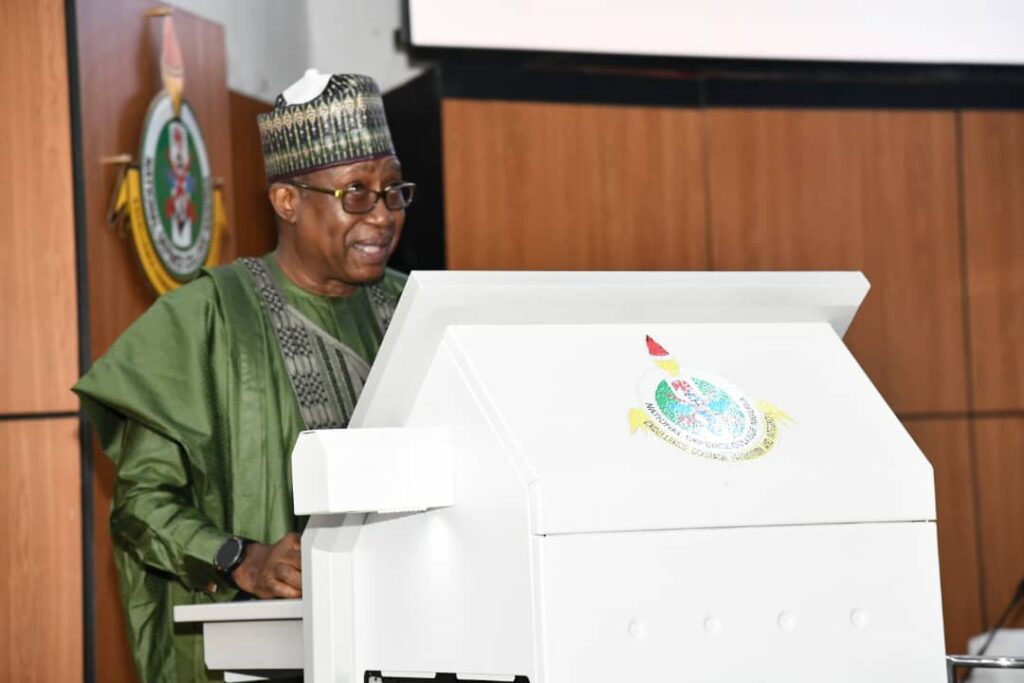
The session, held at the iconic Abacha Hall, featured three highly respected resource persons: Brigadier General Sani Usman (Rtd), former Director of Army Public Relations and current Consultant Director of Corporate Affairs and Information Services at the Nigerian Army Resource Centre (NARC); Mr Cyril Stober, renowned broadcaster and former lead newscaster at the Nigerian Television Authority (NTA); and Mr Peter Okwoche, Chief Executive Officer of African Independent Television (AIT) and a former senior correspondent with the British Broadcasting Corporation (BBC).
Delivering a thought-provoking lecture titled “Strategic Communication and Crisis Management in Nigeria,” Brigadier General Usman emphasised that strategic communication is not optional but a vital leadership tool in modern military operations. He outlined the responsibilities of commanders in shaping public narratives, maintaining operational credibility, and fostering civil-military confidence during emergencies. “The ability to manage information effectively and deploy public relations units as first responders in the information space is critical to national security,” he said. He warned against leaving communication gaps that allow misinformation to flourish, stressing that reputational damage can be as detrimental as battlefield losses.
In his session titled “Public Speaking and Interview Techniques During National Crises: My Experience,” Mr Cyril Stober drew on decades of frontline media experience to highlight the dangers of miscommunication in tense national situations. “During crises, how leaders speak matters just as much as what they say,” he stated. He called for simplicity, accuracy and emotional intelligence in public messaging, particularly when addressing the press. “Every word counts in a crisis. Clarity reduces speculation. Ambiguity invites misinterpretation,” he noted. He also urged military leaders to remain calm and composed in interviews, as their demeanour often shapes public perception more than the facts conveyed.
Adding another dimension to the discourse, Mr Peter Okwoche spoke on “Public Opinion and Media Crisis Management: My Experience.” Drawing on both academic research and his vast experience in international journalism, Okwoche underscored the decisive influence of public opinion in crisis outcomes. He emphasised the strategic importance of cultivating strong relationships with journalists before a crisis occurs. “Pre-crisis engagement with the media builds trust, which becomes invaluable when delivering difficult messages under pressure,” he said. He also discussed the challenges and opportunities presented by digital media, stressing the need for timely, fact-based updates to counter misinformation and conspiracy theories that tend to spread rapidly online during periods of instability.
According to him, “When organisations communicate transparently and consistently especially in moments of uncertainty, they position themselves as credible sources of truth. That credibility can be the difference between chaos and calm.”
At the end of the session, the Deputy Commandant of the NDC, Major General Kelvin Ukandu, who represented the Commandant, Rear Admiral Olumuyiwa Olotu, expressed appreciation to the guest lecturers for their profound insights and professional candour. He described the session as a strategic enabler for the participants, who are future leaders tasked with navigating complex national and international challenges.
“The knowledge shared today will serve as a vital compass for our participants, not just in managing the media during crisis situations, but in understanding the power of communication as a force multiplier in leadership,” Ukandu stated while presenting souvenirs to the guest speakers.




